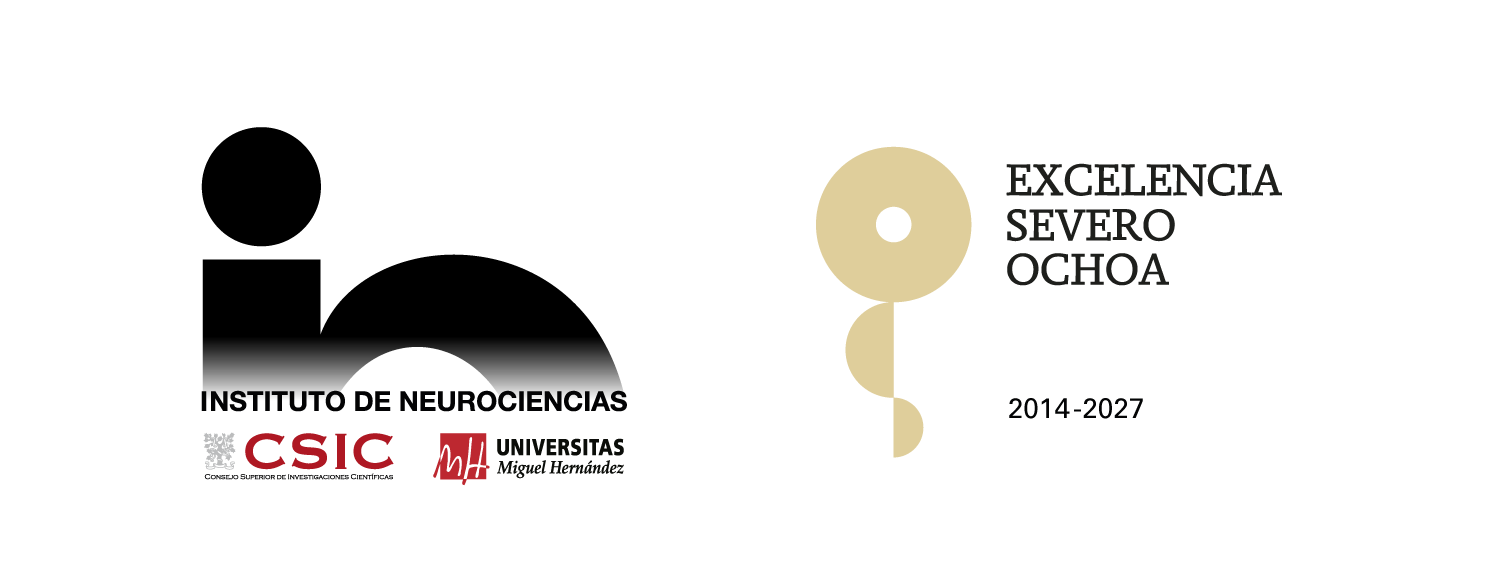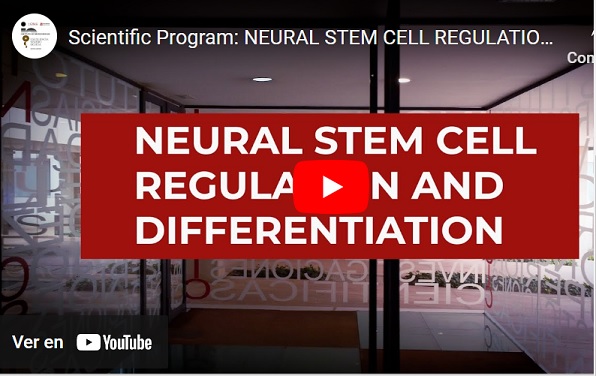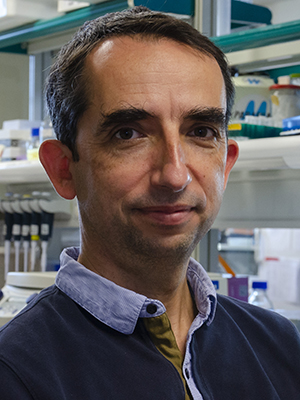Neural stem cell regulation and differentiation
The development of the central nervous system (CNS) is a complex process responsible for the emergence of the fully functional mature brain. A critical aspect is the regulation of neural stem (NSCs) and progenitor cells, which are subject to defined genetic programs that determine their stemness and fate commitment. The temporal-spatial unfolding of these genetic programs is key for CNS morphogenesis and region-specific diversity and abundance of neural cell types, with defects having devastating consequences on brain function, linked to intellectual disability and epilepsy. Developmental genetic programs are repurposed adulthood to recruit adult quiescent NSCs, and to derive pluripotent stem cells into induced neurons and cerebral organoids, with potential in personalized medicine. The main goal of this research program is to elucidate the fundamental principles regulating neural stem cell biology and differentiation in the developing and adult brain, with an interest in evolution and to understand human developmental brain disease.
Research Groups
-
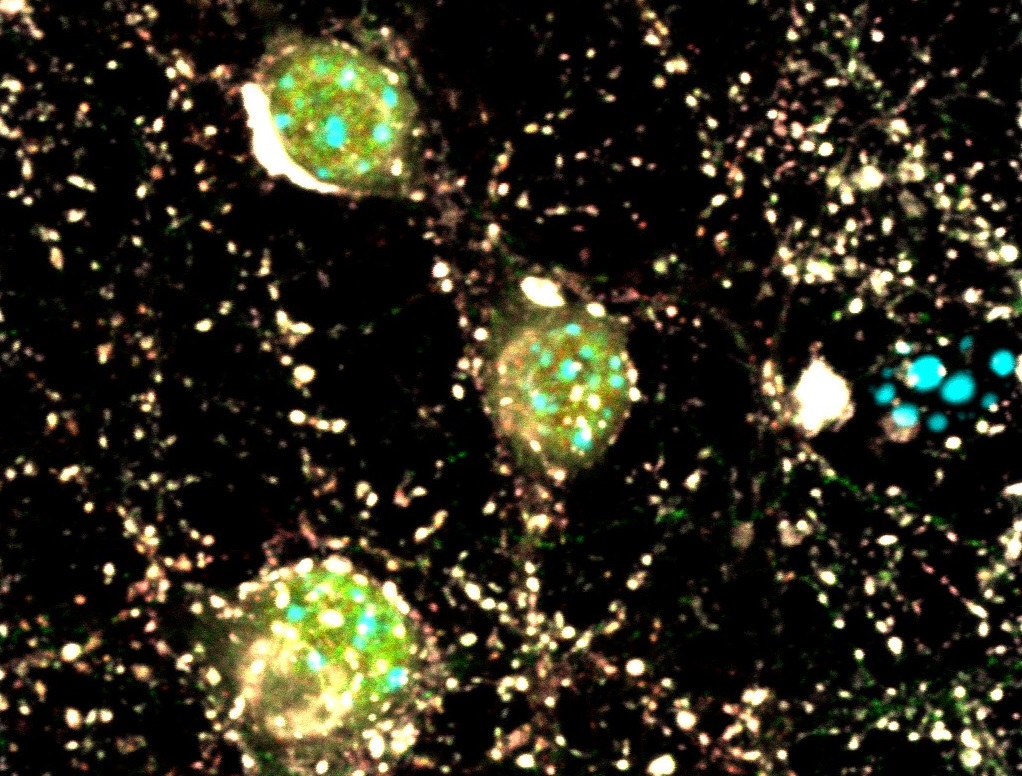 → Emerging line: Genome Architecture in neural systems (PI: R. Alcalá Vida)
→ Emerging line: Genome Architecture in neural systems (PI: R. Alcalá Vida) -
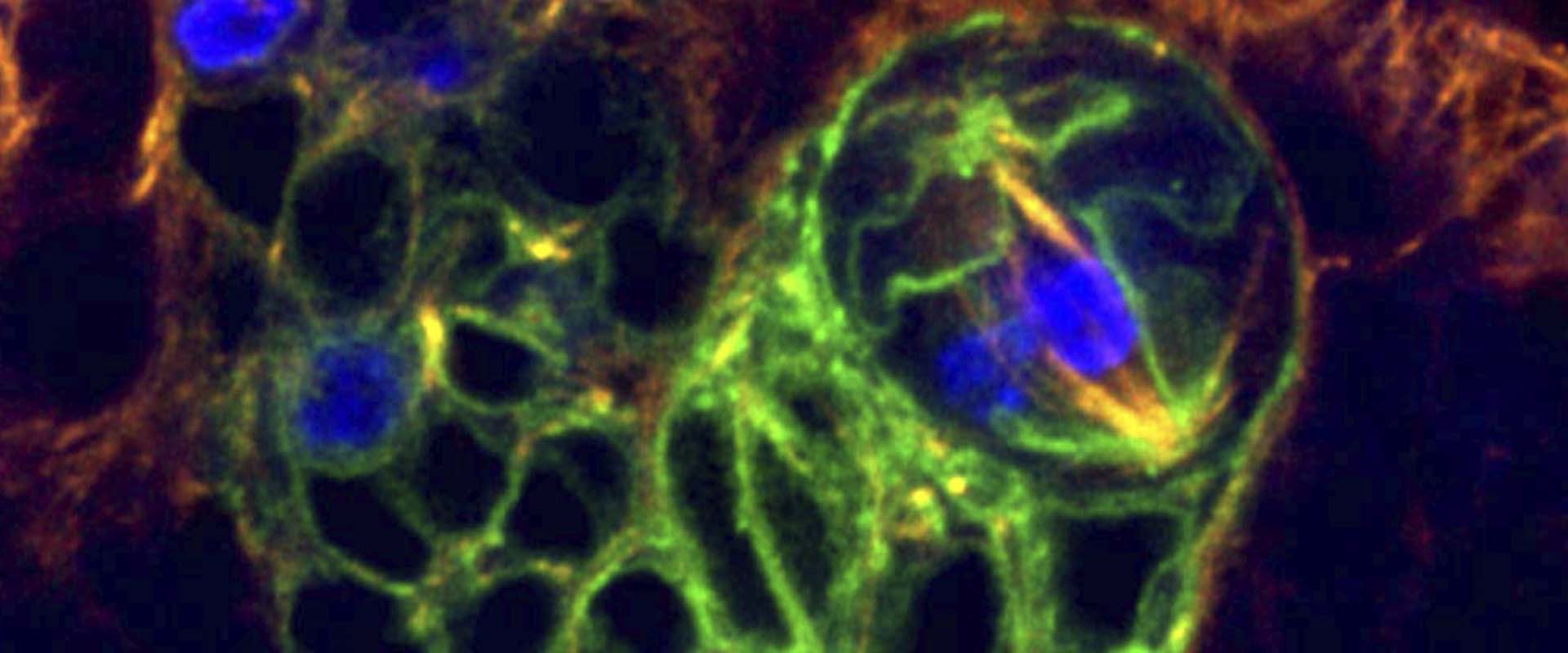 Asymmetric division of neural stem cells in development and tumorigenesis (PI: A. Carmena)
Asymmetric division of neural stem cells in development and tumorigenesis (PI: A. Carmena) -
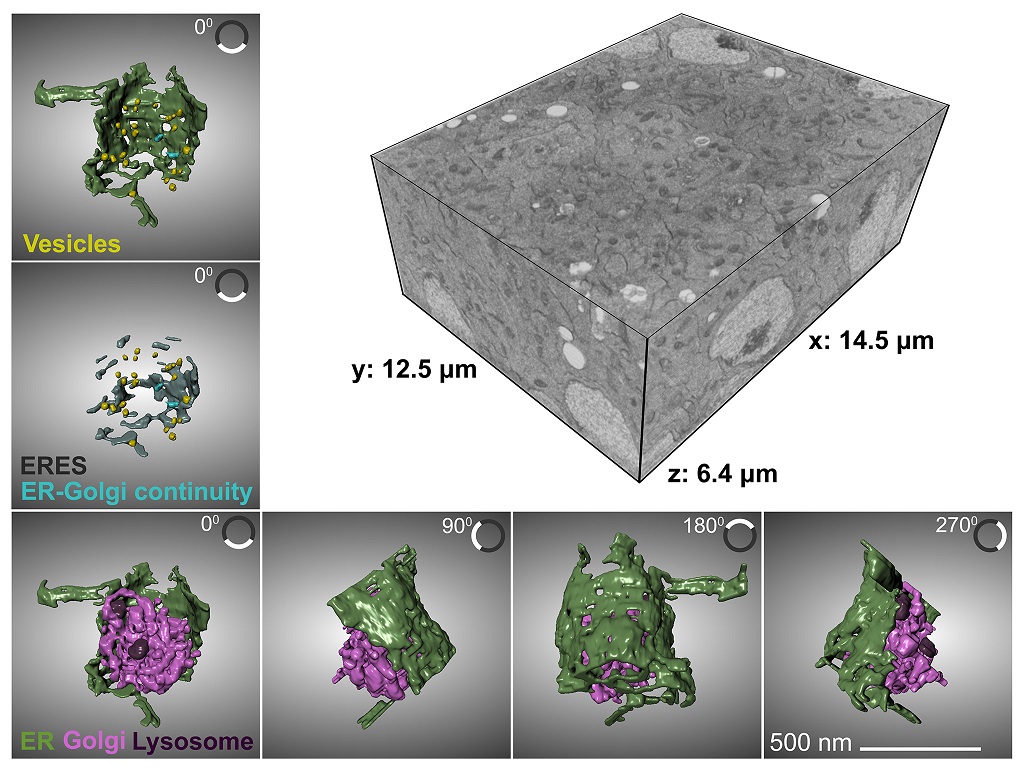 Cell-to-tissue architecture in the nervous system (PI: JC Pastor)
Cell-to-tissue architecture in the nervous system (PI: JC Pastor) -
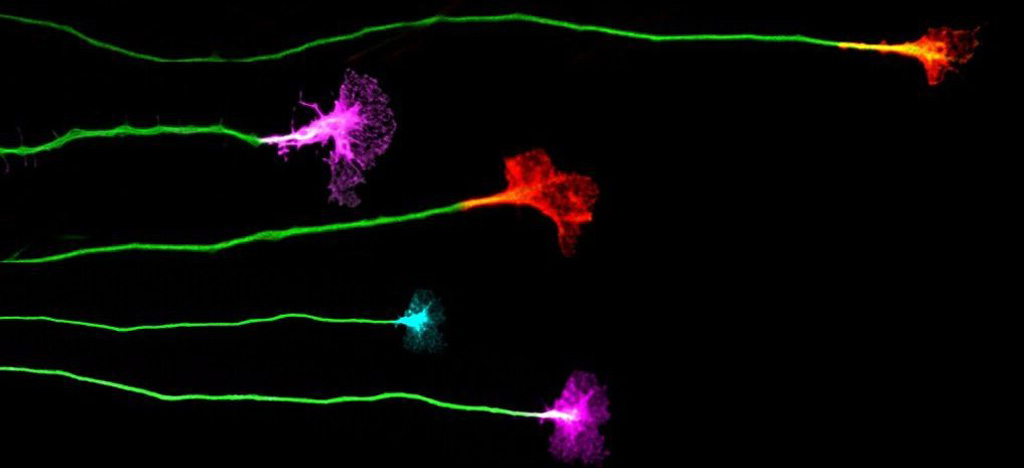 Generation and Regeneration of Bilateral Neural Circuits (PI: E. Herrera)
Generation and Regeneration of Bilateral Neural Circuits (PI: E. Herrera) -
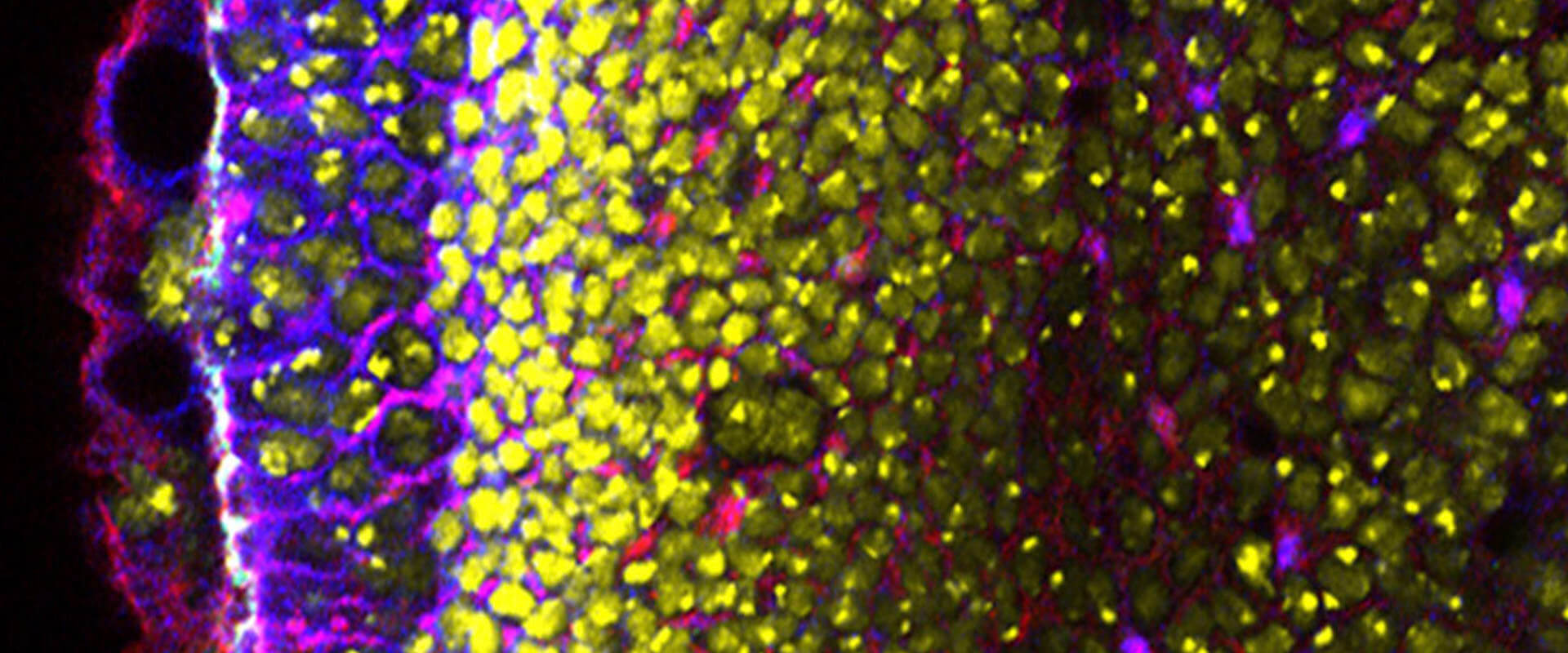 Molecular Neurogenetics (PI: F. Tejedor)
Molecular Neurogenetics (PI: F. Tejedor) -
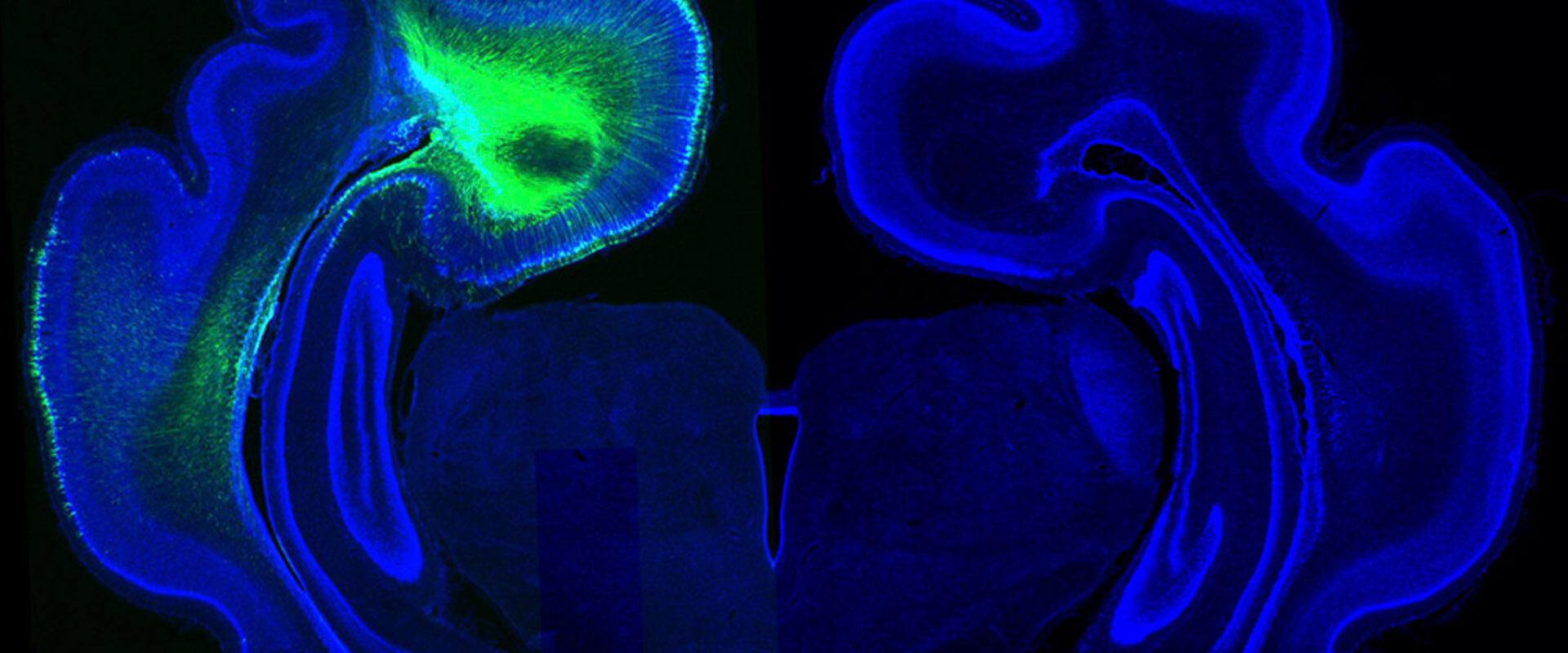 Neurogenesis and Cortical expansion (PI: V. Borrell)
Neurogenesis and Cortical expansion (PI: V. Borrell) -
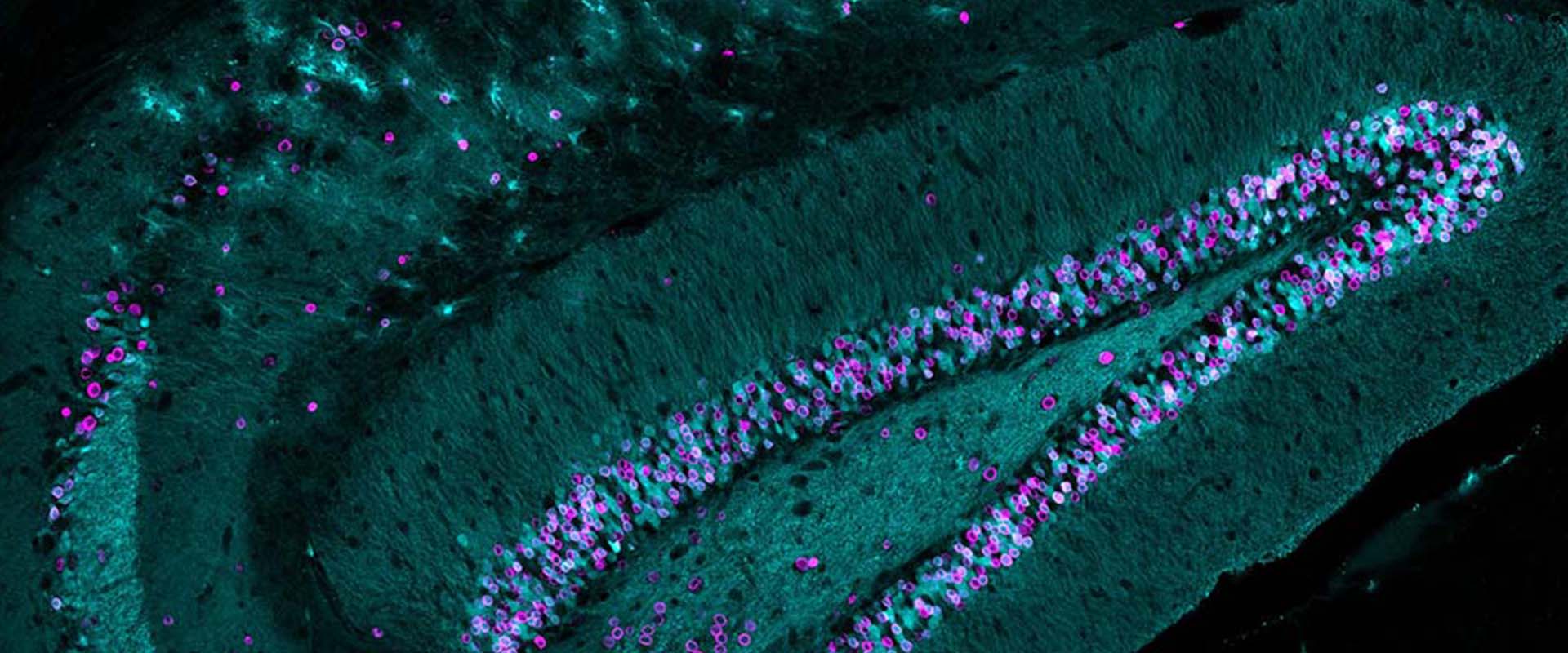 Transcriptional and epigenetic mechanisms of neuronal plasticity (PI: A. Barco)
Transcriptional and epigenetic mechanisms of neuronal plasticity (PI: A. Barco)

 Español
Español